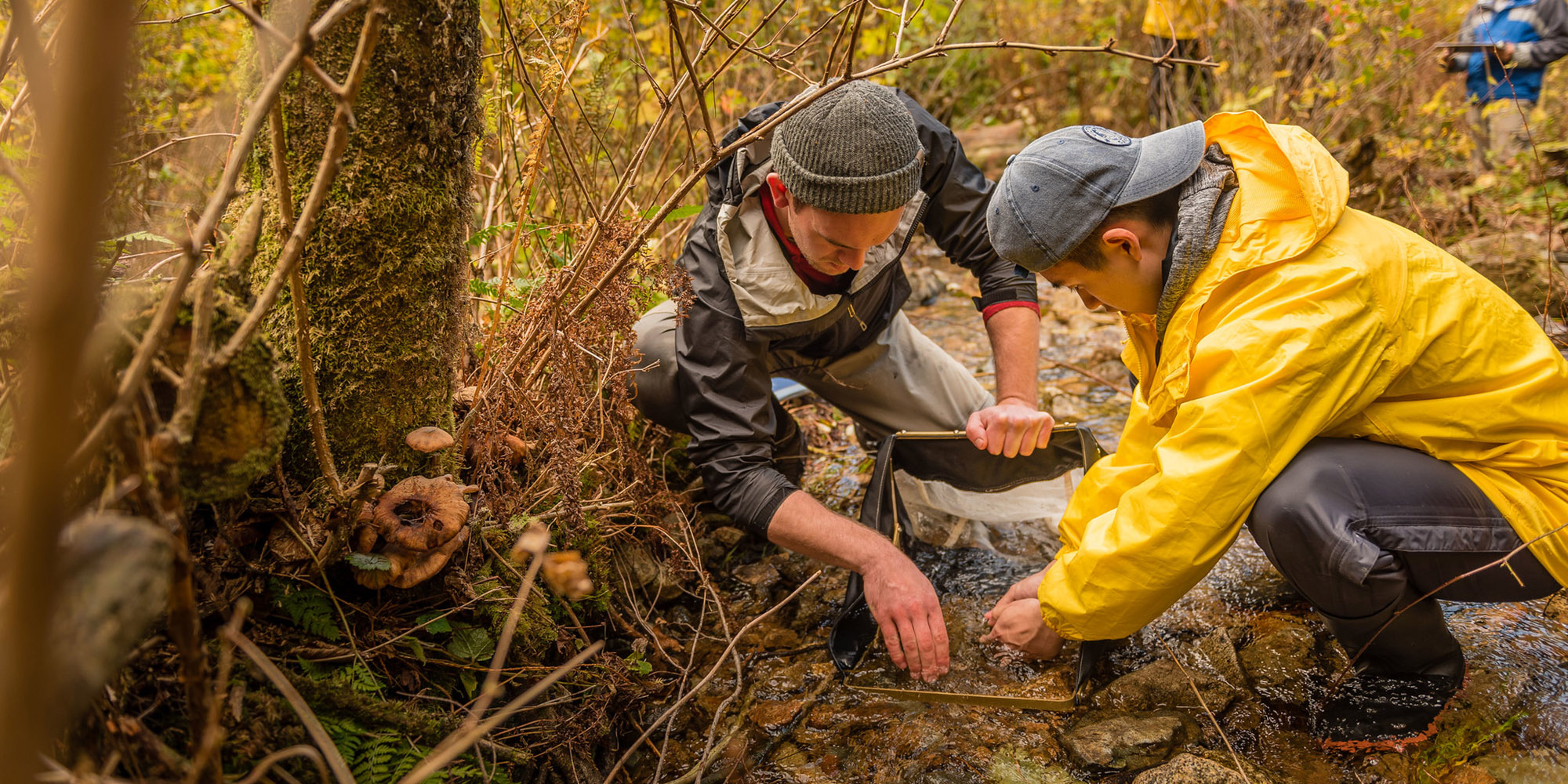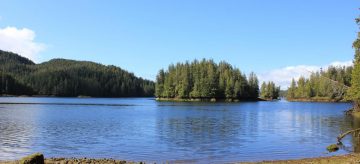Overview
Geo-environmental Engineering is an evolving field of study, involving diverse fields as geotechnical, environmental and chemical engineering, geology, hydrogeology, chemistry, microbiology and soil sciences, dealing with pollutants in the environment, protecting ecological and human health.
Geo-environmental Engineering research at UBC focusses on understanding contaminant fate and transport including microplastics, emerging contaminants and persistent organic pollutants such as polybrominated diphenyl ethers (PBDEs); ‘novel’ brominated flame retardants (NBFRs); per- and polyfluoroalkyl substances (PFASs); pharmaceutical and personal care products (PPCPs) including analgesics (e.g., naproxen, ibuprofen) and disinfectants, antibacterial soaps and hand-sanitizers (e.g., triclocarban, triclosan); polycyclic aromatic hydrocarbons (PAHs); hydrophobic organic pollutants and heavy metals; pollution control and remediation in the soil/sediment/water; utilizing waste-to-resources in the aim of achieving cradle to cradle circular economy.
The group has long history of working closely with industry and partnering with local, provincial and national governments in solving emerging environmental issues.
Key Areas
• Fate and transport of mixed contaminants
• Development of effective sorbent from waste materials (sewage-sludge/biosolids; wood waste; agricultural wastes) by pyrolysis process
• Green infrastructure for rainwater/stormwater management (biofiltration, rain-garden, wetland)
• Removal of contemporary contaminants from aqueous media
Media Highlights
- UBC Environmental Engineering receives Board accreditation
- Professors Li and Yang receive province’s top awards for engineers
- Prof. Loretta Li analyzes ancient medicinal clay
Specialization Requirements
| MASc | PhD | |
|---|---|---|
| Elective courses (min. credits) | 17 | 29 |
| Seminar course | CIVL 597 | CIVL 597 |
| Thesis course | CIVL 599 | CIVL 699 |
Elective requirements
Electives may be taken from the list of Approved Electives below, or other electives may be taken with the approval of the Specialty Advisor / Supervisor.
Undergraduate students who are interested in Geo-Environmental Engineering are directed to the following courses:
- CIVL 408
- EOSC 329
- EOSC 429
Graduate Courses
| Pre-/Co-requisite Courses (do not count towards credit total) | Name | Credits | Term |
| CIVL 204 | Fundamentals of Environmental Engineering (or equivalent) | 3 | 2 |
| Core Courses – Graduate | Name | Credits | Term |
| Register in one of the following, and attend individual seminars as are the most relevant: | |||
| CIVL 597-102/202 | Graduate Seminar (Hydrotechnical) | 1 | 1 & 2 |
| CIVL 597-103/203 | Graduate Seminar (Environmental) | 1 | 1 & 2 |
| CIVL 597-107/207 | Graduate Seminar (Geotechnical) | 1 | 1 & 2 |
| Total core-course credits: | 1 | ||
| Approved Graduate Elective Courses | Name | Credits | Term |
| CIVL 523 | Project Management for Engineers | 3 | 2 |
| CIVL 541 | Environmental Fluid Mechanics | 3 | N/A1 |
| 2CIVL 561 | Risk & Remediation in Geo-environment | 3 | N/A1 |
| CIVL 562 | Environmental Data Collection and Analysis | 3 | 1 |
| CIVL 565 | Physical-Chemical Treatment Processes | 3 | 2 |
| CIVL 566 | Fate of Contaminants in Aquatic Systems | 2 | 2 |
| CIVL 570 | Advanced Soil Mechanics | 3 | 1 |
| CIVL 574 | Experimental Soil Mechanics | 3 | 2 |
| CIVL 575 | Constitutive Models for Soil | 2 | 2 |
| CIVL 579 | Geosynthetics | 2 | N/A1 |
| CHBE 585 | Air Pollution Prevention and Air Quality Engineering | 3 | 1 |
| 3EOSC 532 | Field Laboratory in Groundwater Hydrology | 3 | 2 |
| EOSC 533 | Advanced Groundwater Hydrology | 3 | 1 |
| 2EOSC 535 | Transport Processes in Porous Media | 3 | N/A1 |
| EOSC 540 | Advanced Groundwater Geochemistry | 3 | 1 |
| 2EOSC 541 | Multi-Component Reactive Transport Modelling in Groundwater | 3 | 2 |
| FRST 590 | Statistical Methods in Hydrology | 3 | 1 |
| MINE 541 | Environmental Technologies and Issues in Mining | 3 | N/A1 |
| SOIL 515 | Integrated Watershed Management | 3 | 1 |
| Approved Undergraduate Electives | Name | Credits | Term |
| CIVL 407 | Environmental Laboratory Analysis | 3 | N/A1 |
| CIVL 411 | Foundation Engineering II | 3 | 2 |
| CIVL 416 | Environmental Hydraulics | 3 | 1 |
| EOSC 429 | Groundwater Contamination | 3 | 2 |
| EOSC 431 | Groundwater Remediation | 3 | N/A1 |
1N/A – not offered in 2025/26.
2These are considered the highest priority courses and should be taken if available.
3EOSC 532 requires EOSC 533 as a prerequisite.
Questions?
To learn more about Geo-Environmental Engineering at UBC, please contact Dr. Loretta Li.
People
Facilities
Our well-equipped Environmental Research Facilities are housed in six laboratories and two analytical rooms that house our updated analytical instrumentation. Students have access to the graduate geotechnical and material laboratories and their innovative equipment. Learn more.




